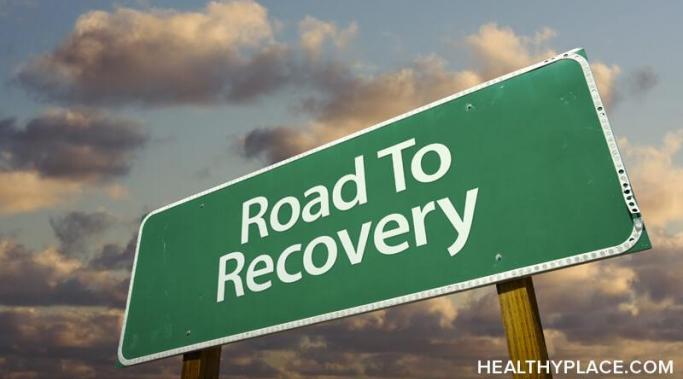I have used many coping mechanisms to help with eating disorder recovery, but one that I find particularly essential is a self-care toolkit for the holidays. I co-opted this idea back in high school from a teacher I was close to, and 10 years later, I still consider it beneficial. No matter where you are in eating disorder recovery, this season is often a mental and emotional battleground, so the importance of reliable coping mechanisms cannot be over-emphasized. Therefore, I want to discuss why I think a self-care toolkit is essential for the holidays—and how to create one yourself.
Surviving ED
I'll state the obvious: dating someone in eating disorder (ED) recovery can be difficult. Since my husband and I are coming up on our 11th wedding anniversary, I'd thought I'd take the opportunity to talk about the challenges of forming healthy relationships when one party is struggling with an ED.
Last week in a counseling session, my therapist issued me an assignment: Write a "dear body" letter to myself. In the past, I have done similar exercises, like the goodbye letter I wrote to my eating disorder in 2018. But this undertaking feels much different.
Whether you're looking for the best diet for eating disorder recovery or the best diet, period, there is only one answer—and that answer surprises a lot of people. The reason it surprises so many people is that the answer is so simple.
If you deal with an eating disorder (ED), it's no secret that the holidays can lead to heightened stress—both for you and for those in your support network. However, when you take the time and effort to communicate your specific ED recovery needs to loved ones, it can reduce the tension and help you feel more at ease this holiday season. Not to mention, once friends or family members know what your ED recovery needs are, they will be able to offer the right kind of support, reassurance, encouragement, and accountability.
When I was new to eating disorder recovery, I thought it would dominate my life. I thought about it all the time. I was in constant fear that I'd somehow fail, and fall back into the grips of the disease, and lose sight of why I was trying so hard to get better in the first place. Everything I read about eating disorder recovery made it seem like it was a lifelong, grueling, exhausting battle. It turns out that statement was only partially correct. Yes, eating disorder recovery is a lifelong process, but it is not a process that will dominate your life.
November is officially here, which means now is the time to create an eating disorder (ED) recovery action plan for the holidays. This season can be a minefield to navigate with an eating disorder, no matter where you're at in the healing process, so it's crucial to determine in advance how you will prioritize eating disorder recovery in the midst of whatever triggers you face these next couple of months.
I've already written about exercise in eating disorder recovery, but what I have not written about, specifically, is the role of strength training in eating disorder recovery. Everyone's road to recovery is different, but for me, taking the emphasis off weight loss through cardiovascular training and putting it on becoming stronger through resistance training was life-changing.
Just recently, I noticed something beautiful unfold within me: eating disorder recovery taught me to love my inner child after decades of rejecting her. This did not materialize overnight, but now it feels like coming home to a version of me who remembers a time before anorexia first lurked onto the scene.
Eating disorders are deadly but also treatable mental illnesses. Still, in my early struggle to recover, there were many common eating disorder treatments that didn't work for me. Understand, I am not saying that they don't work for anyone. On the contrary, they work for countless people who suffer. This said, there is no one road to recovery, and I write this blog post in the hopes of inspiring people who haven't had any luck with traditional eating disorder treatments to keep going.









